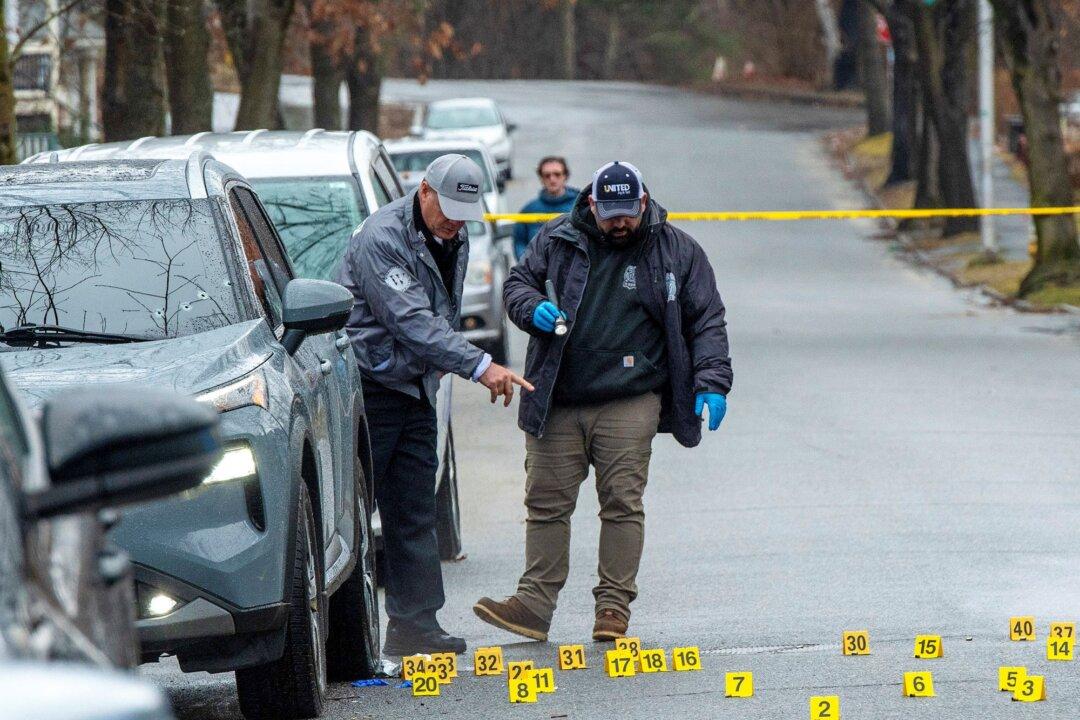The U.S. Department of Justice (DOJ) is accusing the Worcester, Massachusetts, Police Department of excessive force, sexual misconduct, and “disproportionate policing of black and Hispanic people” in a 43-page report released Dec. 9.
The report states that a two-year DOJ investigation found that Worcester police “unreasonably deploy Tasers, use police dogs, and strike people in the head.”





